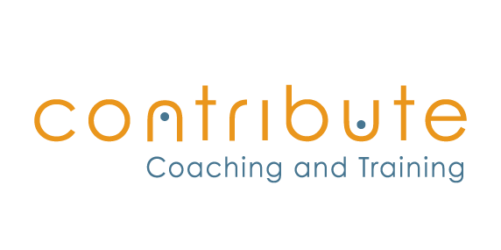Who was Marshall Rosenberg?
Marshall Rosenberg is not a name that is familiar to people. His work is not particularly well known but those who encounter his work even briefly are touched by it. There is a small but vibrant community of people who practice his work all over the world but so far this work has eluded the mainstream.
Marshall Rosenberg grew up as a Jewish boy in Detroit and experienced the race riots first hand and also experienced a far degree of racial abuse growing up. He wanted to understand what made people violent and aggressive. Having qualified as a clinical psychologist and completed his doctorate, he found himself no closer to the answer. The psychology he studied was caught up with diagnoses and pathology and focusing on what was wrong with people. It didn’t provide Marshall with the answers he was looking for.
Through his own research he began to build up a theory of why conflict is so prevalent in society. He pointed to the overwhelming focus on the cognitive rather than the emotional in our education. He pointed to our culture’s difficulty and awkwardness with the expression of emotion and how the human spirit is often squashed by the power domination structures in our society which don’t encourage us to feel and think for ourselves. The result is a focus on mental criticism and evaluation in our relationships with others and ourselves.
Rosenberg devised a communication process which he called Non Violent Communication (NVC) in the 1960s. It can be described as a collection of simple effective techniques which facilitate cooperation and satisfaction in our communication with others and within ourselves. Furthermore, the use of these skills does not depend on the knowledge or use of these skills by others. His seminal work, “Nonviolent Communication: A Language of Life”, was first published in 1999.
Rosenberg chose a name for his process that would enable him to attract attention in areas of extreme conflict, such as war zones, where he used this process to great effect. However, the name is misleading, giving the impression that this process only has application where there is violence. The process has application wherever a human being has a strained relationship with another person be they a stranger, partner, parent or child colleague. The process has found application in parenting, relationship counselling, healthcare, policing and corporate life. The process also has great application whenever a person has personal difficulties, a strained relationship with themselves that might manifest itself through self-criticism and feelings of guilt and shame.
My mission is to make this rich and effective process more widely known in Ireland and further afield. The incumbent title makes this quite a challenge.


